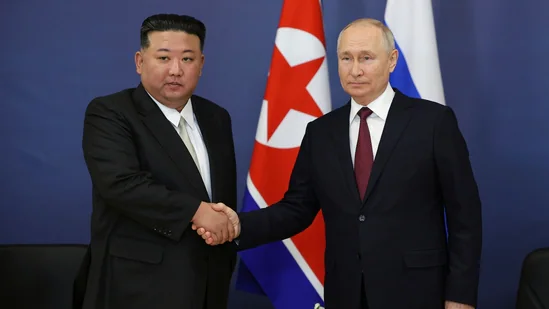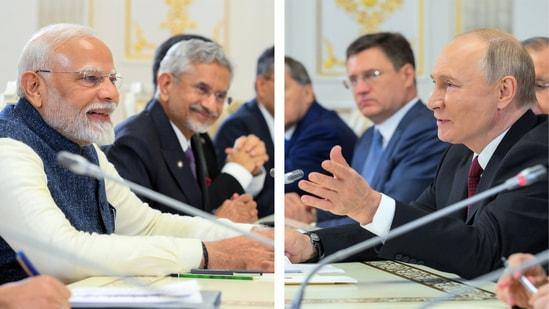Kandi Srinivasa Reddy, an Indian-American businessman and Congress candidate from Telangana, is under investigation for allegedly orchestrating a scheme to manipulate the H-1B visa lottery system in the U.S. A Bloomberg investigation has uncovered evidence of a sophisticated network of companies linked to Reddy, raising serious questions about the fairness of the visa process.
Reddy is accused of exploiting the H-1B lottery by using a method known as “multiple registration.” This involves submitting numerous applications for the same individuals under different company names to increase their chances of winning a visa. According to Bloomberg’s findings, Reddy managed several companies, including Cloud Big Data Technologies LLC and Machine Learning Technologies LLC, which collectively submitted thousands of applications and secured hundreds of H-1B visas. This practice not only manipulated the lottery system but also put legitimate applicants at a disadvantage.
Data from 2020 to 2023 reveals that Reddy’s companies secured 54 visas in 2020 alone, and more than 300 visas since then, far exceeding typical numbers. The changes implemented to the lottery system to curb fraud were allegedly sidestepped by staffing firms like Reddy’s. For instance, while the median salary for staff from these firms was about $87,000 in 2023, compared to $125,000 for regular employers, Reddy’s recruits were paid less, raising further concerns.
Reddy’s lawyer, Lucas Garritson, argued that the U.S. Citizenship and Immigration Services (USCIS) had not followed proper procedures to prevent such activities and lacked concrete proof of wrongdoing by Reddy’s companies.
Beyond his business dealings, Reddy has political ambitions. He ran as a Congress candidate from the Adilabad assembly constituency and has established a foundation to support farmers and owns a media outlet. Despite Reddy’s claims of minimal involvement in the visa scheme, documents and public records suggest a more significant role.
In a brief statement to Bloomberg, Reddy described himself as a mere registered agent for the companies. However, evidence, including an affidavit submitted to Indian election officials and U.S. business registry documents, indicates that he or his wife control these entities.











